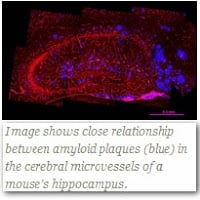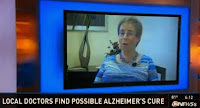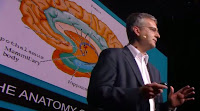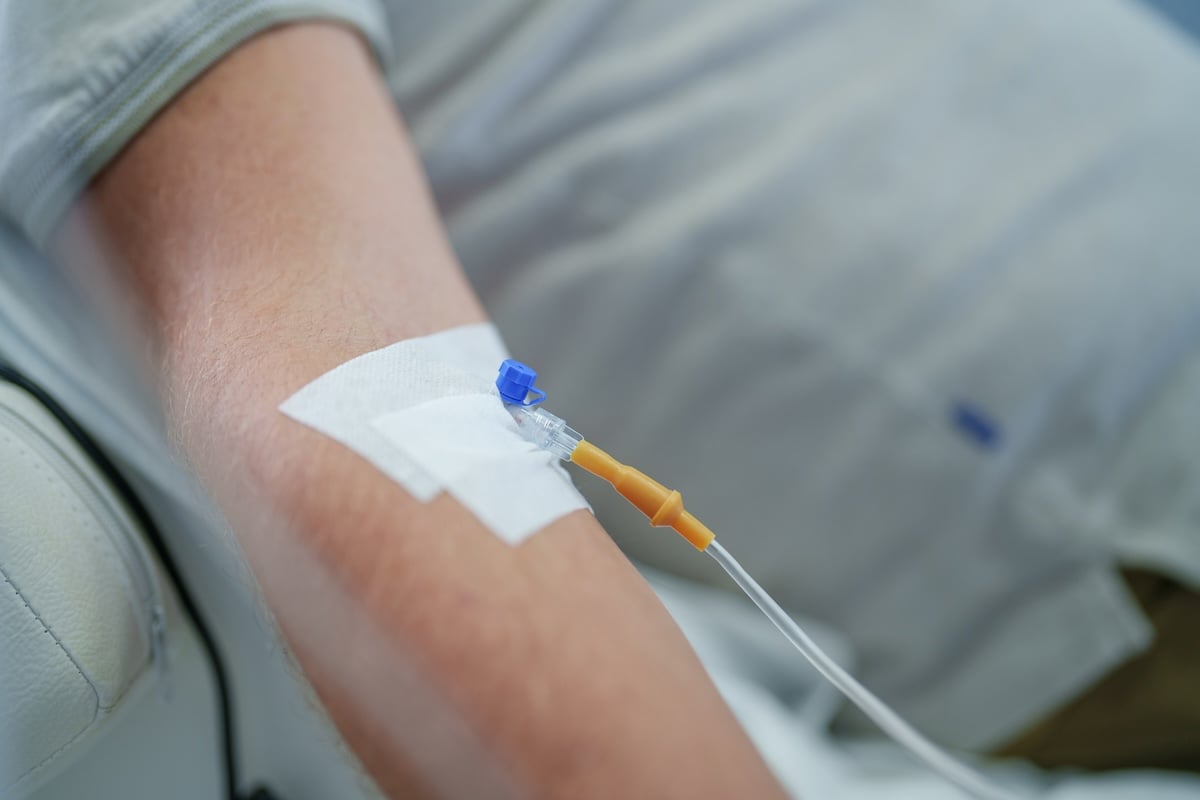
Alzheimer’s Agitation Drug AVP-923 Clears Next Hurdle
Agitation and aggression are among the most disruptive symptoms of Alzheimer’s. They effect 60% of people living at home and 80% of people in care

Agitation and aggression are among the most disruptive symptoms of Alzheimer’s. They effect 60% of people living at home and 80% of people in care

VIDEO: B. Smith and husband Dan Gasby reflect on her devastating early-onset Alzheimer’s diagnosis, sharing their fight for a cure at the Alzheimer’s Drug Discovery

Most researchers think amyloid plaque is the culprit behind Alzheimer’s. They know it damages brain cells. Now they are finding it also accumulates in blood

HEALTHCARE: Is the introduction of a British financial incentive to doctors for diagnosing dementia a dangerous precedent?

VIDEOS + ARTICLE: Impaired insulin has been long linked to diabetes as well as Alzheimer’s. Learn how two approved diabetes drugs are showing exciting results

Olivia felt she may one day need a place with more help. She was a lady who enjoyed her own decisions and had her own intentions. See what she did about it.

As research continues, cures for dementias such as Huntington’s are within our grasp. Your support can help make the next discovery possible.

VIDEO: Director James Keach shares what went on behind-the-scenes in his new Glen Campbell movie, “I’ll Be Me”. See him describe how a 5 week

VIDEO + ARTICLE: Nilvadipine is a European anti-hypertensive drug. Possessing a strong safety record, the drug is showing growing evidence of fighting Alzheimer’s on 3

VIDEO: DBS (Deep Brain Stimulation) is becoming very precise. In this TED Video, DBS pacemakers connect to the brain’s fornix. This allows doctors to turn

INNOVATION – VIDEO: A big supermarket launched a ‘relaxed’ checkout lane to make life a little less stressful for people with dementia and other vulnerable people.

VIDEO + ARTICLE: Residential areas with more green space were associated with faster thinking, better attention, and higher overall cognitive function in a federal study. Learn more.

Lecanemab is today’s #1 Alzheimer’s antibody. (Brand name: Leqembi) Washington University researchers found Lecanemab’s adverse events to be rare and manageable in very mild or mild Alzheimer’s.

SHORT-TERM MEMORY lapses are obvious signs of Alzheimer’s, but other tell-tale signals begin to show much earlier. Learn how to look for semantic impairments, such as simple questions about size.

Three important dementia studies focus on HS-AGING, a type of dementia almost as common as Alzheimer’s in the 85+ group. Yet few people have heard of it. Why? What makes it different?

An intriguing study of 120 grandmothers might surprise you. Doctors know socially engaged people have better cognition and less dementia. But can a person get too much of a good thing? What’s the right balance?

Enjoy this great duet between a musician with dementia and his son. A triumph of spirit over Alzheimer’s! Sing-a-long if you like!
No spam, only news and updates.


